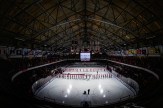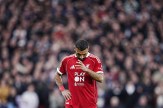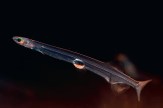Northeastern sports legends J.J. Barea and Carlos Peña head Hall of Fame induction class
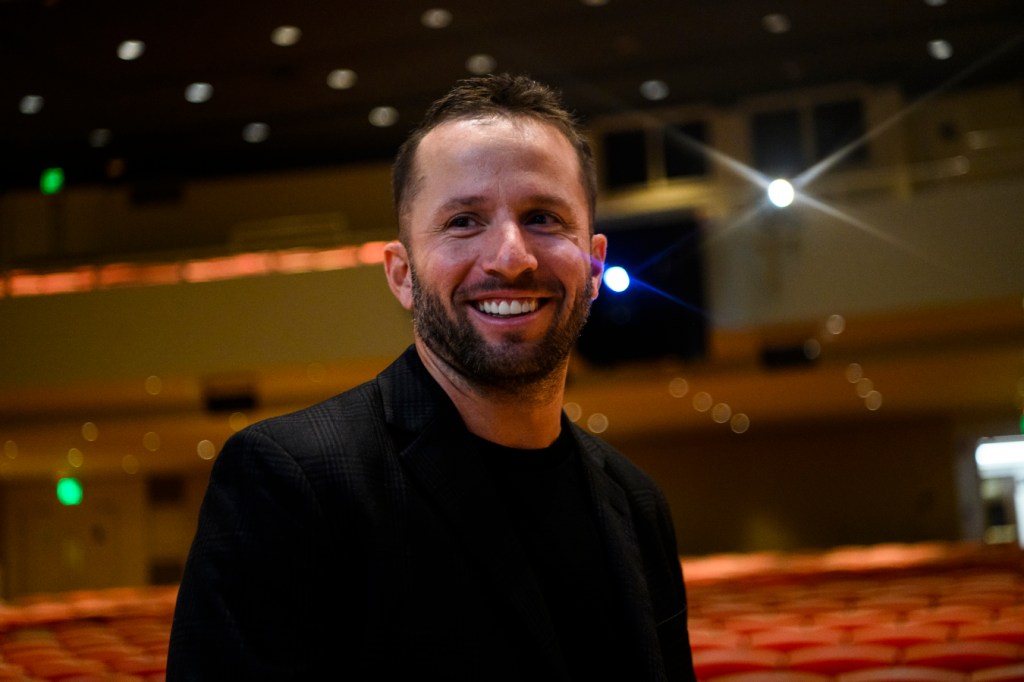
A half-dozen Husky legends and one memorable team were inducted into the Northeastern Athletics Hall of Fame during Homecoming week, their stories weaving an inspired tapestry of underdogs and champions in celebration of the university’s athletic programs.
Leading the way were two of the most renowned student-athletes ever to compete for Northeastern—Jose Juan (J.J.) Barea, an unlikely 5-foot-10 point guard from Puerto Rico, who would help lead the Dallas Mavericks to the 2011 NBA championship, and Carlos Peña, who became a Major League Baseball all-star while hitting 286 home runs in 14 Major League Baseball seasons.
Other inductees were Jason Guerríero (men’s ice hockey, 2001-05), Keri Irwin Heron (women’s soccer, 1996-97), Christopher Meehan (men’s rowing, 1971-74), Denise Nasca (field hockey, 1992-95) and the 1963 undefeated Northeastern football team.
Close to 300 Huskies have been inducted into the Hall of Fame, but few have gone on to achieve the mainstream professional success of Barea (a Huskies star from 2002-06) and Peña (1997-98). Both credited Northeastern with establishing the values and skills that enabled their long-term success.
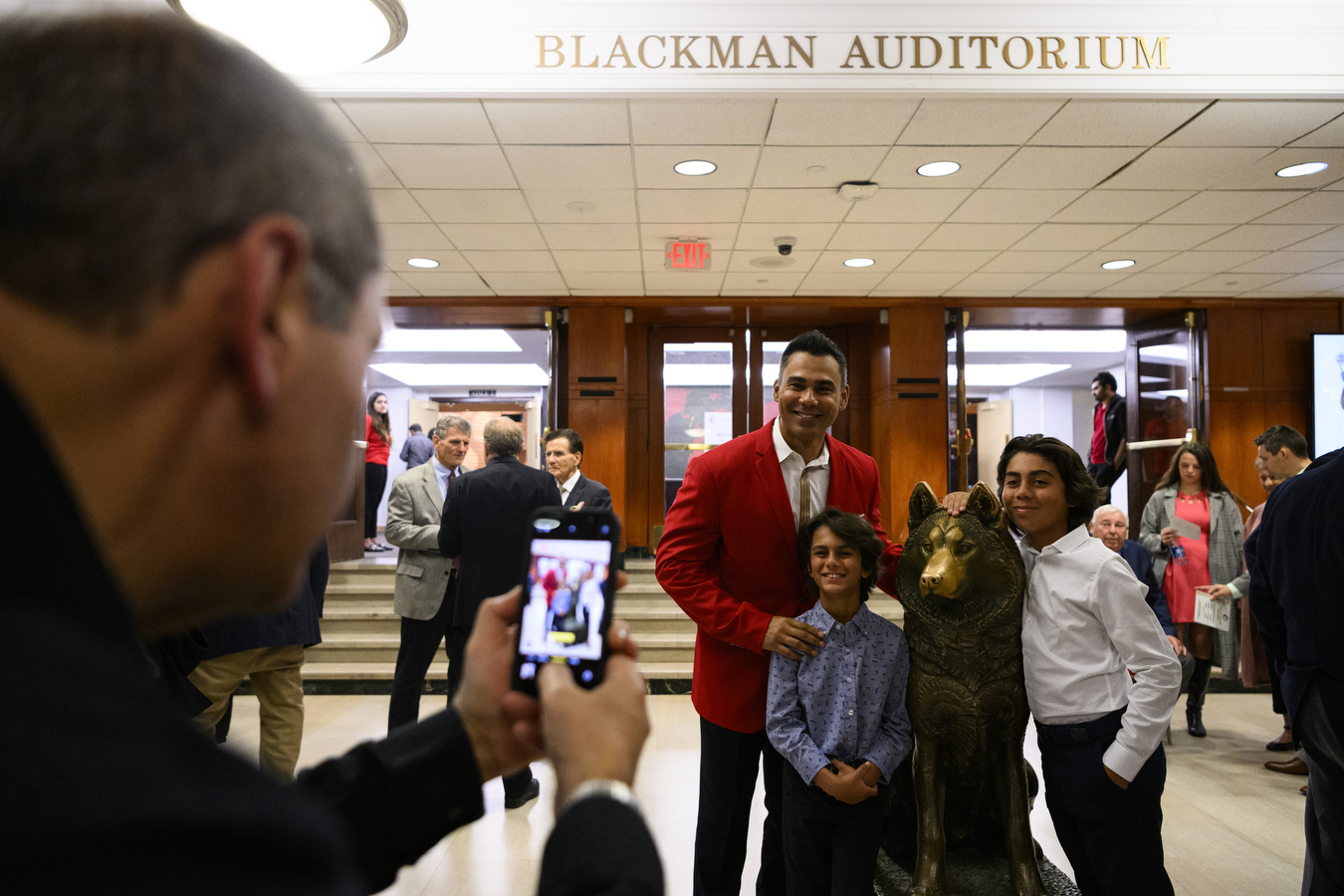
Barea: ‘I just loved playing here’
Though he was undersized and undrafted by the NBA, Barea was unfazed by the challenge of the world’s greatest basketball league. In four years as a starter at Northeastern, he had been transformed into an honorable mention All-American who as a junior ranked in the top 10 nationally in both points and assists.
In an interview before the ceremony, Barea, 38, said he is aiming to become a coach—and that he would love to coach the men’s basketball team at Northeastern someday.
“I was a kid, 150 pounds from Puerto Rico, and I left four years later 175 pounds and ready to take on the world,” said Barea, who ranks second all-time in points and assists at Northeastern. “When I played here, I wasn’t thinking about the NBA. I just loved playing here and being good here and getting better every year.”
The highlight of Barea’s 14 NBA seasons came in his fifth season, when the underdog Mavericks elevated him to the starting lineup. His explosive drives to the basket changed the series, leading to three straight Dallas wins and a championship upset of LeBron James’ Miami Heat.
Barea told the large audience at Blackman Auditorium that his professional success would not have happened if not for his experiences at Northeastern, where he responded positively to the high demands of coach Ron Everhart. Whenever his NBA teams visited Boston to play the Celtics, Barea would take time to return to Northeastern and renew his good memories.
“One day, I hope I could coach this team here,” said Barea, who earned the 2017-18 J. Walter Kennedy Citizenship Award from the Professional Basketball Writers Association for providing more than 100,000 pounds of supplies while raising more than $700,000 to support Puerto Rico following Hurricane Maria.
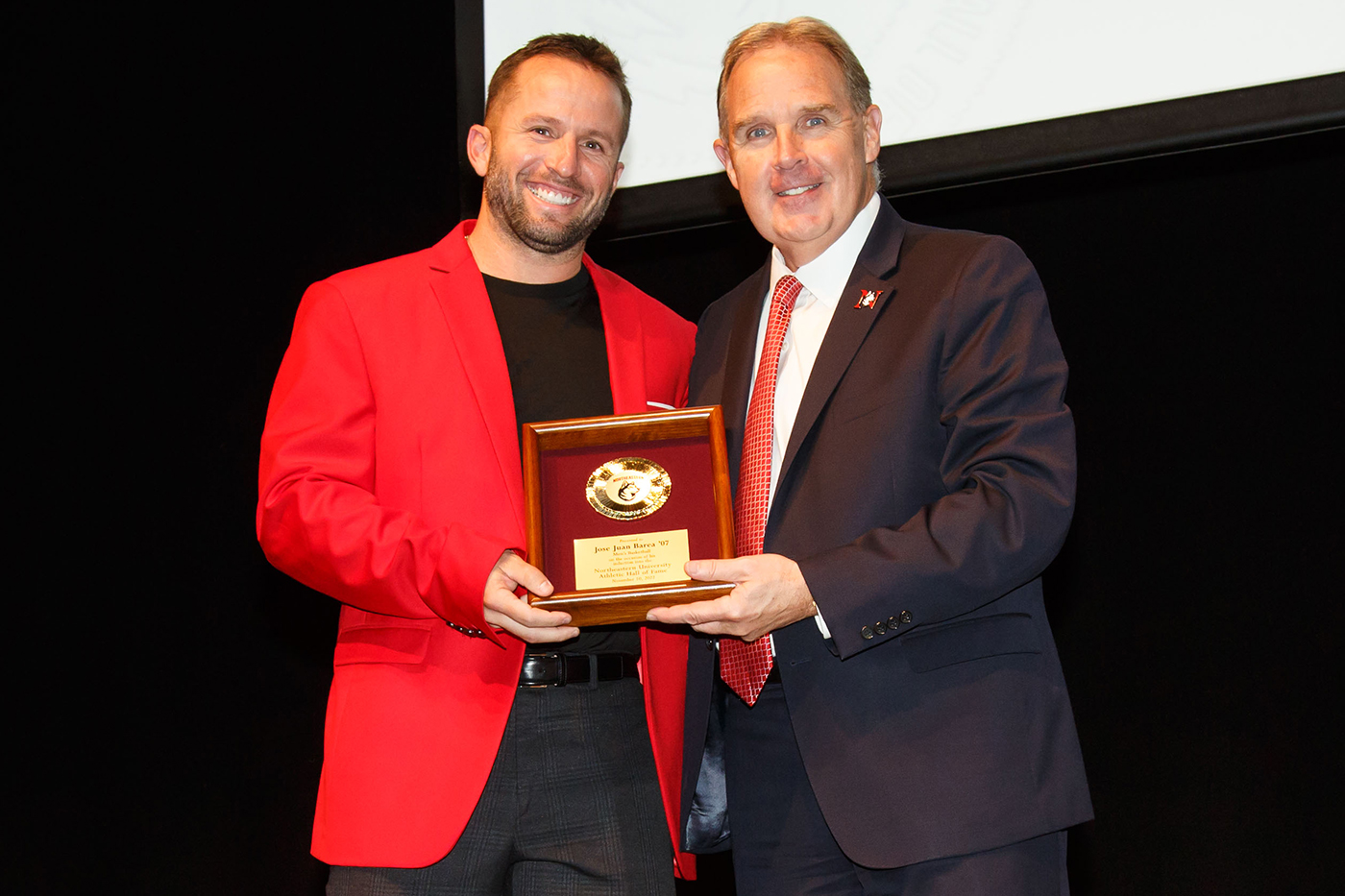
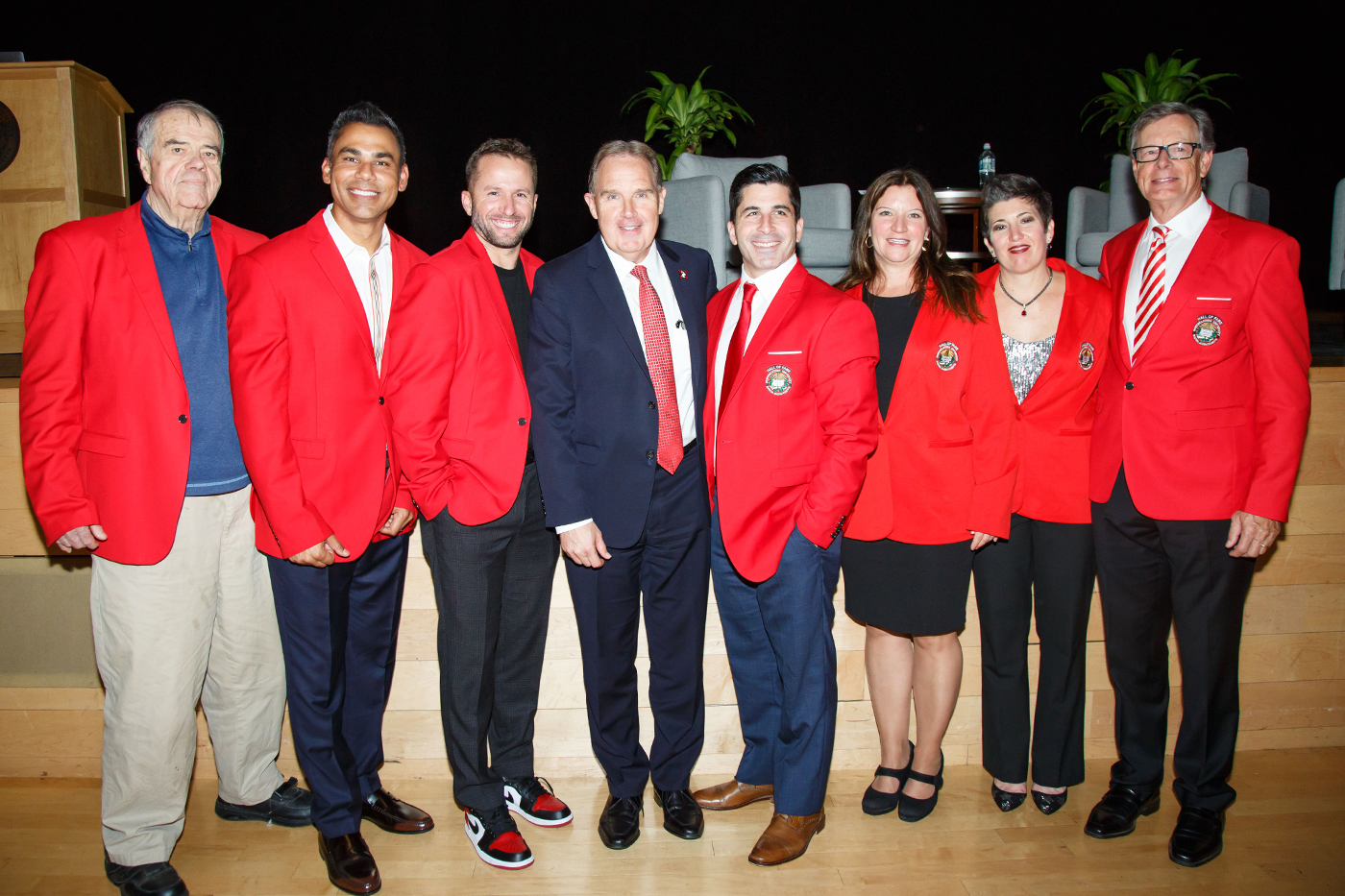
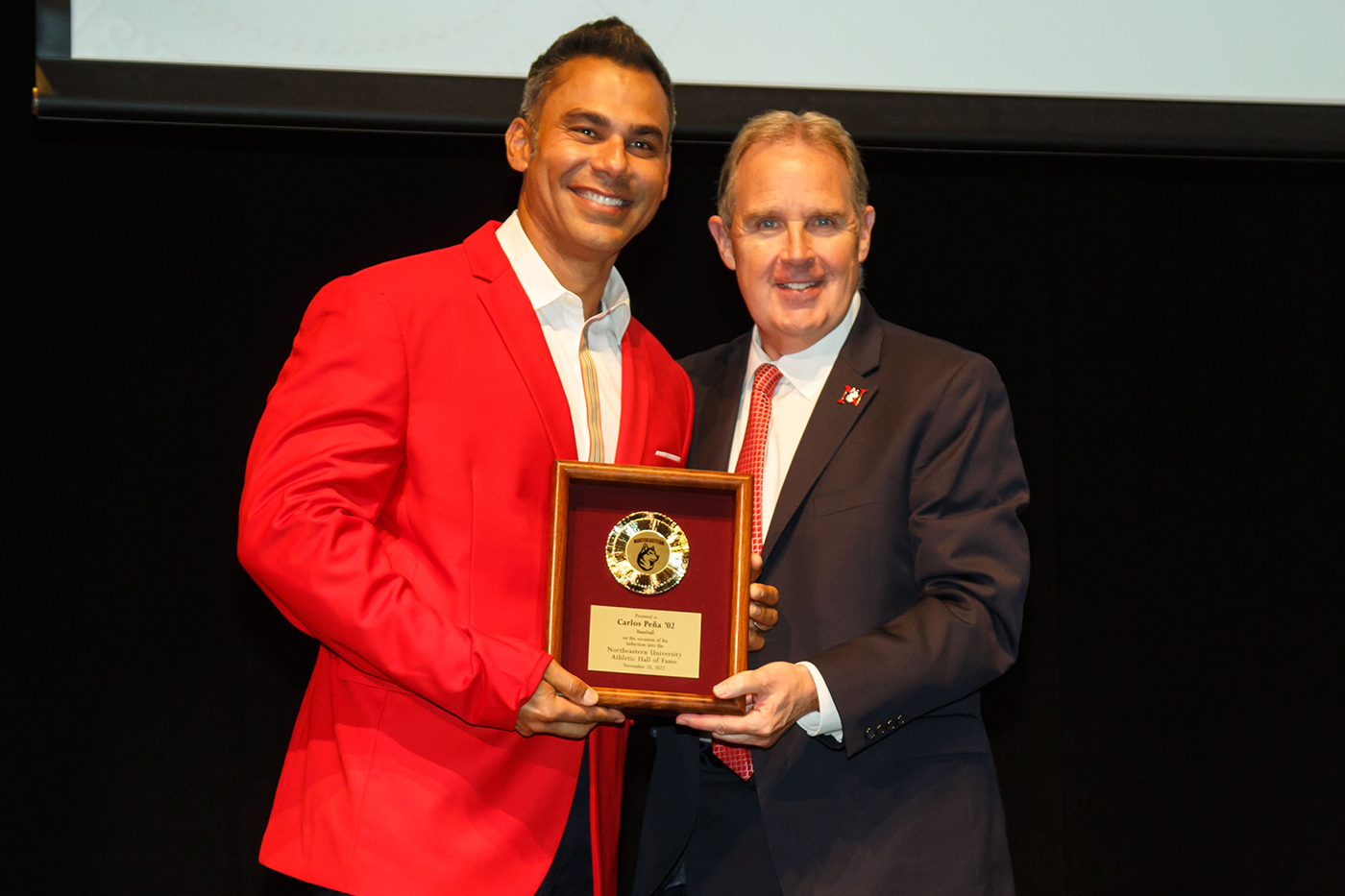
Peña highest pick in Northeastern history
Peña was equally proud and grateful for his time as a Husky. Having grown up in Haverhill, Massachusetts, he followed a difficult freshman year in Ohio by transferring back to New England and enrolling at Northeastern—where he was asked to try out for the team. The familiar feeling of being at home liberated his talent, he said.
After generating 24 home runs and 94 RBI in 100 games across his two seasons on Huntington Avenue, the lefthanded slugger was picked No. 10 overall in 1998 by the Texas Rangers—making Peña the highest pick in Northeastern baseball history.
“This means the world to me, just thinking about the trajectory,” Peña said in an interview. “I came here as a young man (age 14) from the Dominican Republic to chase the American Dream. I wanted to become a Major League Baseball player while continuing my education in a great institution, and you see things lining up and actually materializing—I am so grateful for everything that has taken place.”
Peña became a Gold Glove winner at first base in 2008 and an all-star one year later. He retired after 14 years with 286 home runs (including 46 in 2007, when he earned the American League Silver Slugger and Comeback Player of the Year awards). He reached the 2008 World Series with the Tampa Bay Rays.
“So many people around here helped me and did everything they could to open doors for me,” Peña said. “The best way to actually say thank you is to correspond with hard work, discipline, making sure that your belief in me is not going to be in vain. I took that seriously and it paid off.”
Peña became emotional while explaining that his daughter, a high school senior in Orlando, Florida, is hoping to attend Northeastern as a criminal justice major. She was planning to take an official tour of the Boston campus.
“That fills me with so much pride,” said Peña, now a baseball analyst on TV who came back to Northeastern to earn his degree in 2018. “I am so grateful for everything that has taken place and deeply humbled. If I were to tell the story, it would sound like a fairy tale.”
It was an emotional night of storytelling and perspective. Each of the inductees was invited to the stage to receive a red jacket (exclusive to Northeastern Hall of Famers) from athletic director Jim Madigan. A video detailing their careers was shown and then they engaged in a Q&A with the event host, Boston sports broadcaster Tom Leyden. Every interview culminated in a standing ovation from the crowd.
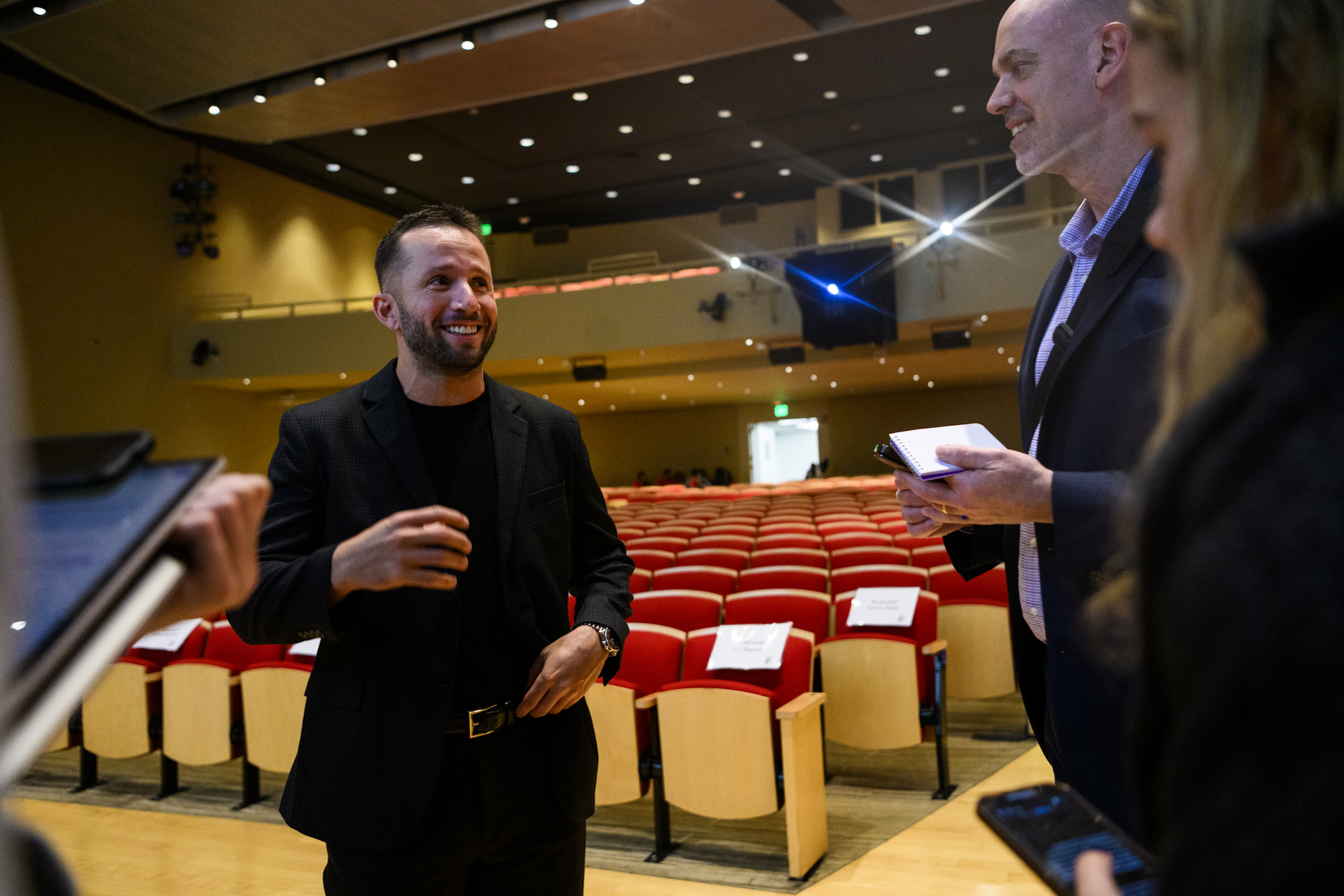
The other inductees were:
Jason Guerríero
As a senior All-American, he led Hockey East in scoring with 48 points, making him one of two Huskies to win the conference scoring title. He finished with 49 goals and 147 points overall, and returned to Northeastern this season as an assistant coach.
Keri Irwin Heron
She established the standard for Northeastern women’s soccer as it made the transition to a varsity sport. Despite playing only two years, Irwin Heron ranks No. 11 all-time in Northeastern scoring with 45 points and is tied for sixth with 21 goals, including the school-record 14 goals she scored in the Huskies’ first varsity season.
Christopher Meehan
His Northeastern crews reached the grand final at the Eastern Sprints each season and made three grand final appearances at the IRA Championships. Meehan is now president of the Northeastern University Rowing Association.
Denise Nasca
She led the Huskies to three America East titles with ensuing appearances in the NCAA tournaments, culminating in a Final Four in her senior year. Nasca was a conference rookie of the year and player of the year as well as a two-time All-American, and she ranks among Northeastern’s top 10 in scoring and goals.
1963 football team
Coach Joe Zabilski’s team went 8-0 to earn Northeastern’s only postseason appearance at the Eastern Bowl in Allentown, Pennsylvania. Led by All-American offensive tackle Joe Davis and the best backfield in program history, the Huskies outscored opponents, 237-42, with a trio of shutouts in what stands out as the greatest year in the history of the program.
For media inquiries, please contact media@northeastern.edu.

